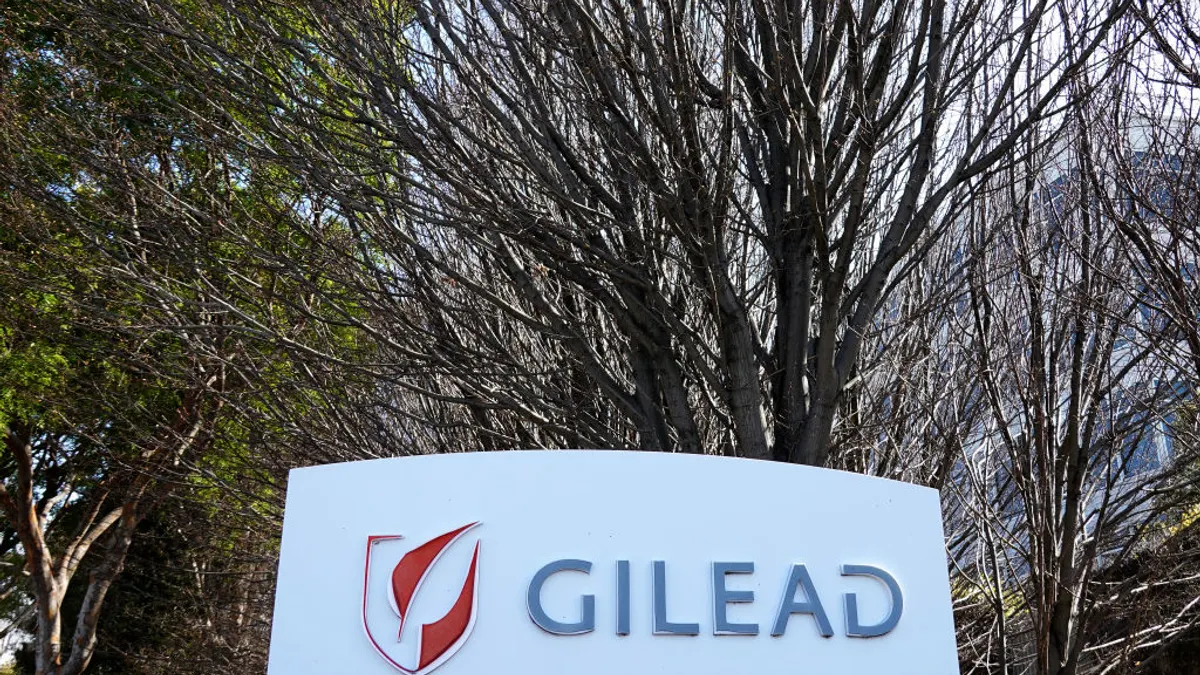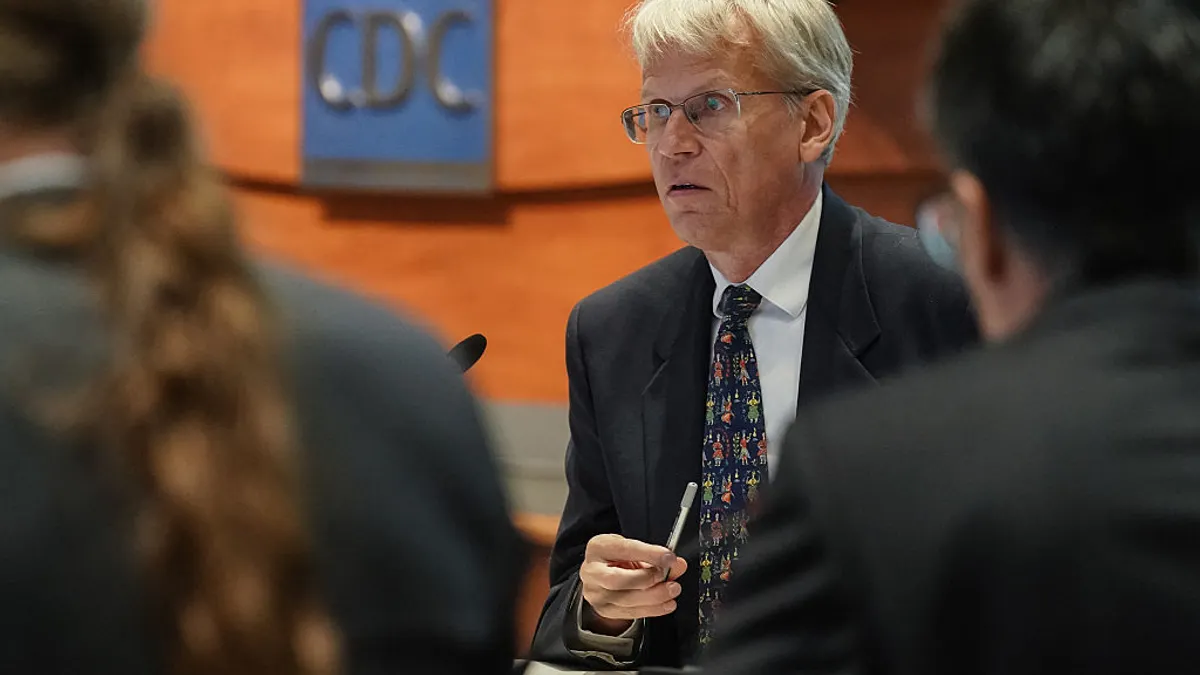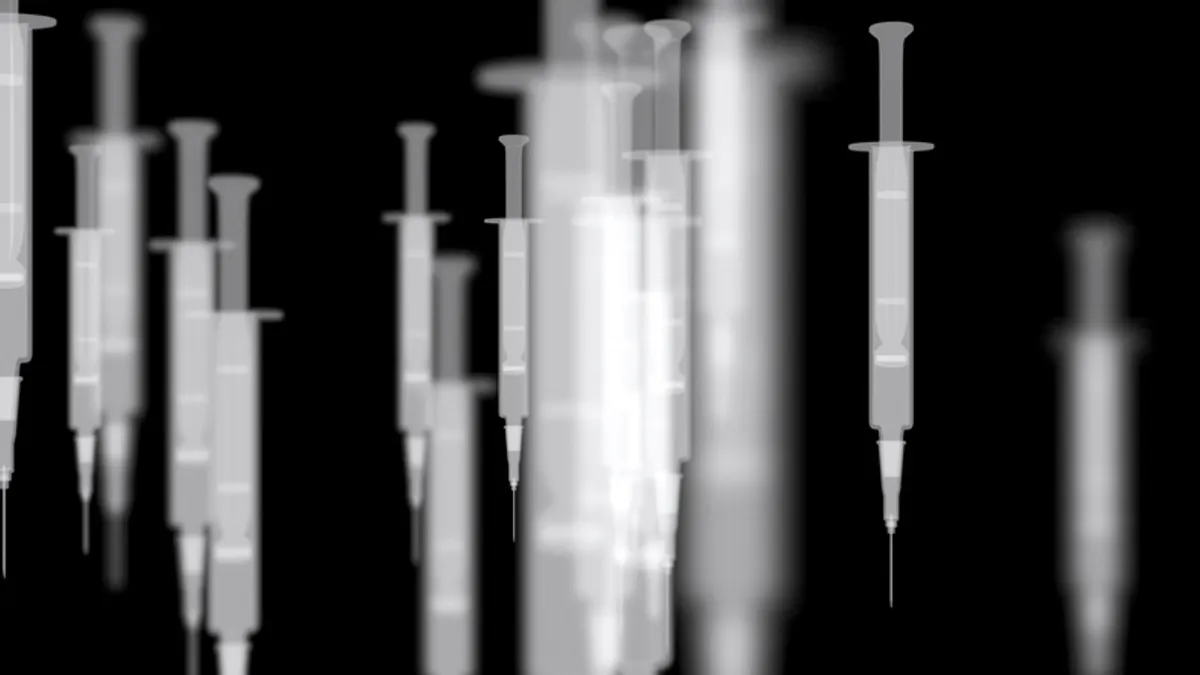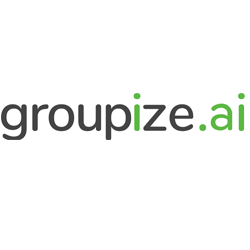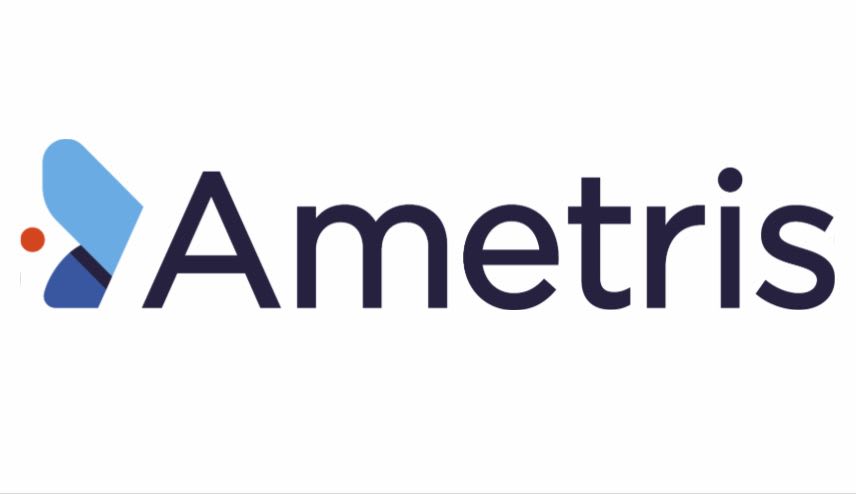A lot is riding on the upcoming results for Compass Pathways’ psilocybin-based depression treatment.
Set to be released by the end of this quarter, the data will reveal results from what Compass calls the “largest randomized, controlled, double-blind psilocybin treatment clinical program ever conducted.”
With the psychedelic space reeling from declining market valuations and the recent regulatory failure of Lykos Therapeutics’ MDMA-based treatment, the outcome could trigger a rippling effect felt far beyond the company’s U.K. headquarters.
“Positive data would be a big relief to the whole sector,” said Compass CEO Kabir Nath.
The topline data will showcase six-week results for Compass’ lead candidate, COMP360, in treatment-resistant depression. Dubbed COMP005, the trial is one of two pivotal studies for the drug and pits a 25mg dose against placebo. The results won’t show what percentage of patients respond to the drug, which is administered in a clinic under the guidance of trained therapists. Instead, that efficacy data will come at the 26-week mark. But it will highlight how well it works compared to placebo from a baseline measured with the commonly used Montgomery-Asberg Depression Rating Scale.
"This is the first data from a phase 3 [psilocybin] drug and that’s exciting.”

Kabir Nath
CEO, Compass Pathways
The company is riding a positive wave of earlier trial results that demonstrated a 25mg dose of COMP360 produced a “highly statistically significant reduction in depressive symptoms … with a rapid and durable response for up to 12 weeks.”
But in the depression space, which has seen sparse innovation for decades, Nath knows anything could happen.
“We remain confident. We believe this drug works for a significant amount of people,” Nath said. “But this is a phase 3 trial in psychiatry, so you always have to temper that feeling.”
Compass’ other pivotal trial is testing the therapy in three different dose arms. An initial readout from that study, called COMP006, is expected next year.
The multi-dosing approach will not only provide additional safety and efficacy insights, it also helps the company overcome a unique challenge with testing psychedelic drugs — blinding patients to the therapy.
Patients in the Compass trials are “overwhelmingly naïve to psychedelics,” Nath said, which means they generally don’t know the dose they’ve been given, even though they feel psychedelic effects during treatment.
“Some have a modest experience, some have a full-on experience, some have a profound experience,” Nath explained. “But because they have no prior experience with psychedelics, it’s hard for them to guess which dose they’re on.”
The challenges with blinding became a key sticking point when Lykos sought approval for a PTSD treatment using MDMA, the main ingredient in the street drug known as ecstasy.
The FDA rejected the treatment in August after an advisory committee pointed to problems with its clinical trials, including ethical issues and concerns over “functional unblinding.” Soon after, Lykos axed 75% of its staff, but said it would charge ahead and find a path to approval. Five board directors ditched the company in January all the same.
With the market rattled by the ongoing Lykos debacle, some investors have lost confidence in psychedelics drug development.
Preparing for launch in a shaky market
After a few exuberant years of investor backing, stocks for psychedelic drug developers plummeted when Lykos was dealt its FDA blow. Although the space still boasts plenty of contenders, including MindMed, which is advancing LSD-based candidates for several indications, the complex and costly reality of drug development has sunk into the sector.
“The companies that are in this now are trying to differentiate themselves by doing robust, high-quality studies and that takes a lot of time and money. Companies in the space are focused on execution and getting the best data we can,” Nath said. “But overall, everyone is disappointed in the current market value in psychedelics.”
Compass raised $150 million in January and has enough cash to operate through its 2026 readout for COMP006, Nath said. And he believes it’ll take results from both COMP006 and COMP005, which have enrolled more than 900 patients, to score an FDA win.
“We have a breakthrough designation from the FDA and have had good engagement with them over the last six years,” Nath said. “They are very interested in psychedelics, but equally, there can’t be any shortcuts, and they expect a robust clinical program.”
The company is already working to clear the unique hurdles for the rollout that it could face. For example, building a treatment network with therapists and clinicians trained to administer the therapy will be critical. To that end, Johnson & Johnson’s esketamine depression treatment Spravato is helping pave the way.
After hitting the market in 2019, Spravato got off to a sluggish start amid the pandemic-era slowdown for in-office patient visits. But in the past few years, Spravato has become one of the pharma giant’s fastest-growing drugs and is on its way to hitting blockbuster status. Expanding the number of sites approved to administer Spravato, which also must be given under a clinician’s care, was key to that turnaround. Now, Compass could tap into that landscape.
“There are a lot of treatment sites that have their heads wrapped around what a psychedelic drug requires …. so there is a much more fertile environment to launch into,” Nath said.
The company has also worked with payers to ensure coverage for the administration and service fees associated with COMP360 for its estimated treatment population of 100 million patients.
If it ultimately scores an approval, Compass could set the regulatory and treatment stage for other psychedelics, including more uses of COMP360, which is also in mid-stage trials for PTSD and anorexia nervosa.
But building and maintaining that momentum will come down to its upcoming trial results.
“If we get anything short of positive data, we’ll dig in and see what went wrong,” Nath said. “That said, this is the first data from a phase 3 [psilocybin] drug and that’s exciting.”





